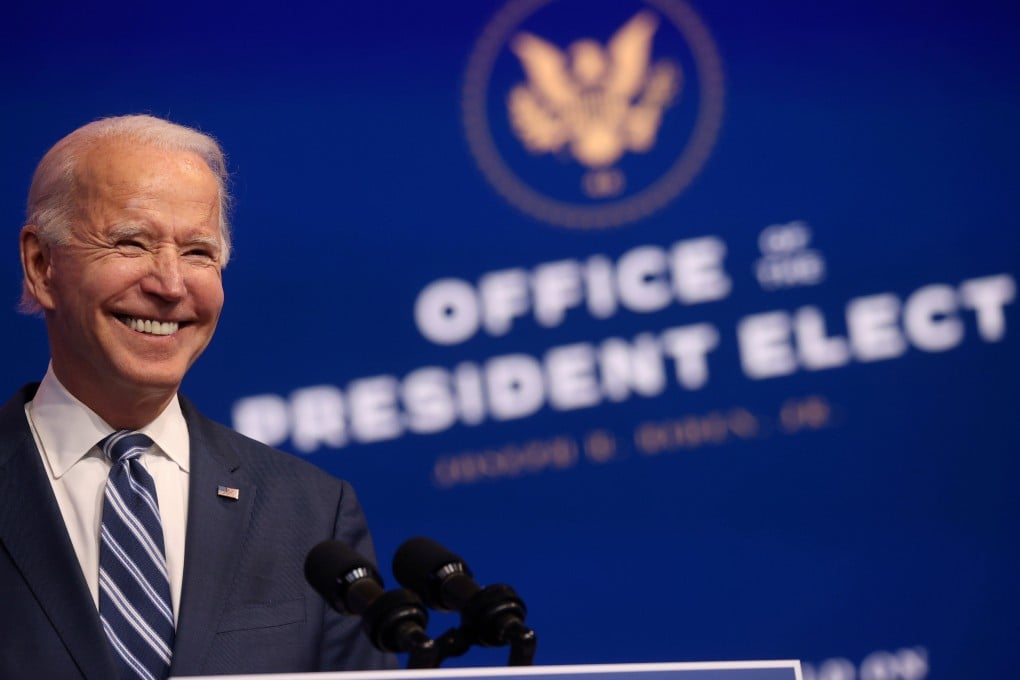Joe Biden presidency could reopen a window of opportunity for China: analysts
- US-China relations can be turned around to prevent a new cold war, according to Chinese strategists and advisers
- Beijing should prolong the opportunity as long as possible by improving external relations, they say

Twenty years ago, Chinese leaders and strategists determined that the first decades of the new millennium would give China a “period of strategic opportunity” that would allow the country to grow its economy in a relatively benign external security environment.
According to the latest assessment from the top leadership and foreign policy thinkers, the strategic opportunity is still there, if potentially for a limited time, and China needs to extend it for as long as it can.

04:35
‘Welcome back America’: world leaders react to Joe Biden’s victory in US elections
The country’s strategists and advisers believe that the incoming US administration of president-elect Joe Biden, even though it is likely to still see China as a rival, will allow the two countries to pull back from the brink of a new cold war and engineer a turnaround in Sino-US relations.